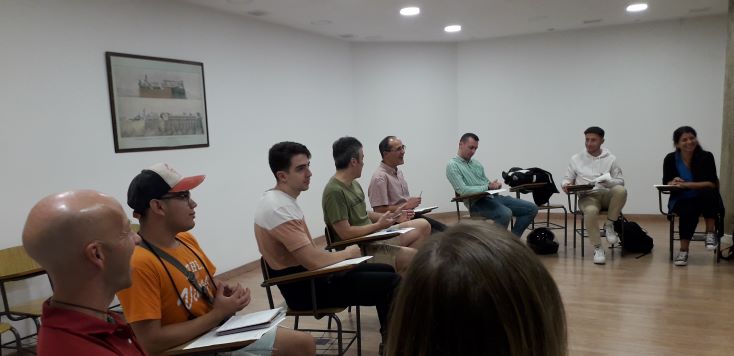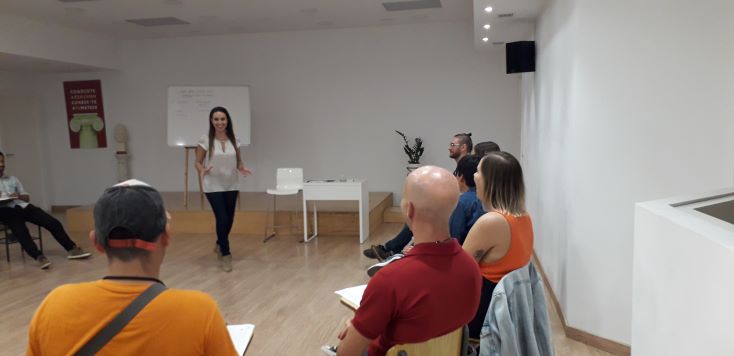Active Philosophy Week (Barcelona, Spain)
In addition to the activities programmed by New Acropolis Spain, New Acropolis Barcelona celebrated Active Philosophy Week – an initiative to promote practical philosophy as a model of life, based on self-knowledge and the development of our competencies.
Despite being open and accessible to everyone, the event was especially geared to young people, who volunteered to participate in all the activities. Participants, some young in age and others, youthful in spirit, were full of energy, participatory, keen to learn useful and practical tips to help them live a life worthy of being called ‘human’.
The first activity was a workshop entitled “The meaning of life” in which participants debated on such transcendental questions as What is life? Does it have a meaning? Where and how do we look for it?
Through the dynamics and teachings of different cultures, we were able to get closer to these answers.
The second activity was an afternoon of cultural workshops.
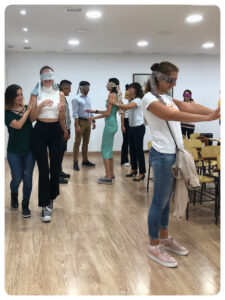
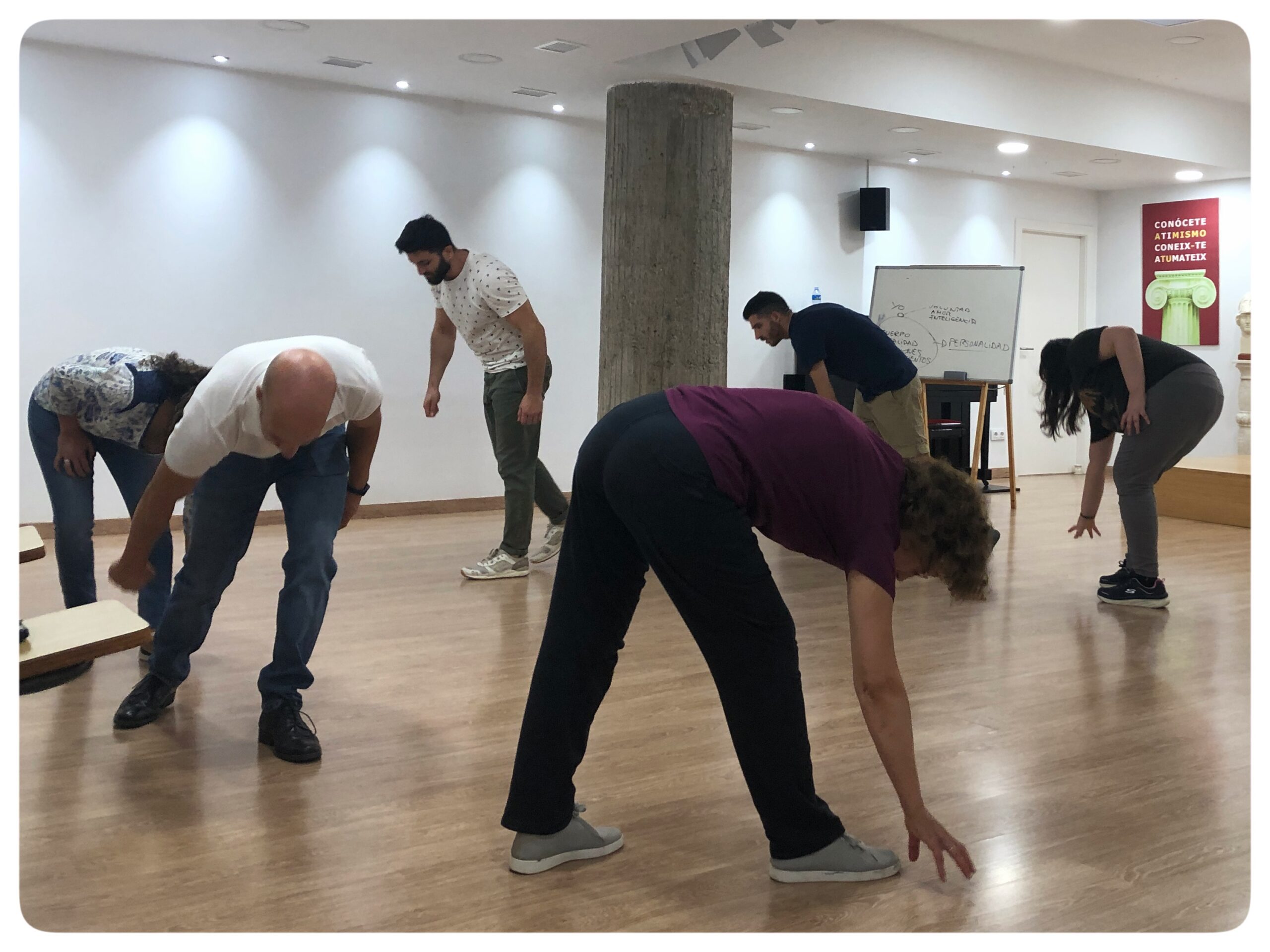
Theatre and Poetry
It was an invitation to test our creative skills and our ability to express feelings and ideas by taking on a challenge of interpreting characters and actions.
Getting to know Plato’s Dialogues
Through a selection of texts from Plato’s Dialogues, we immersed ourselves in teachings that are still tremendously relevant despite being more than twenty-four centuries old. With some tips for everyday life, the writings of Socrates’ most famous disciple are practical and useful.
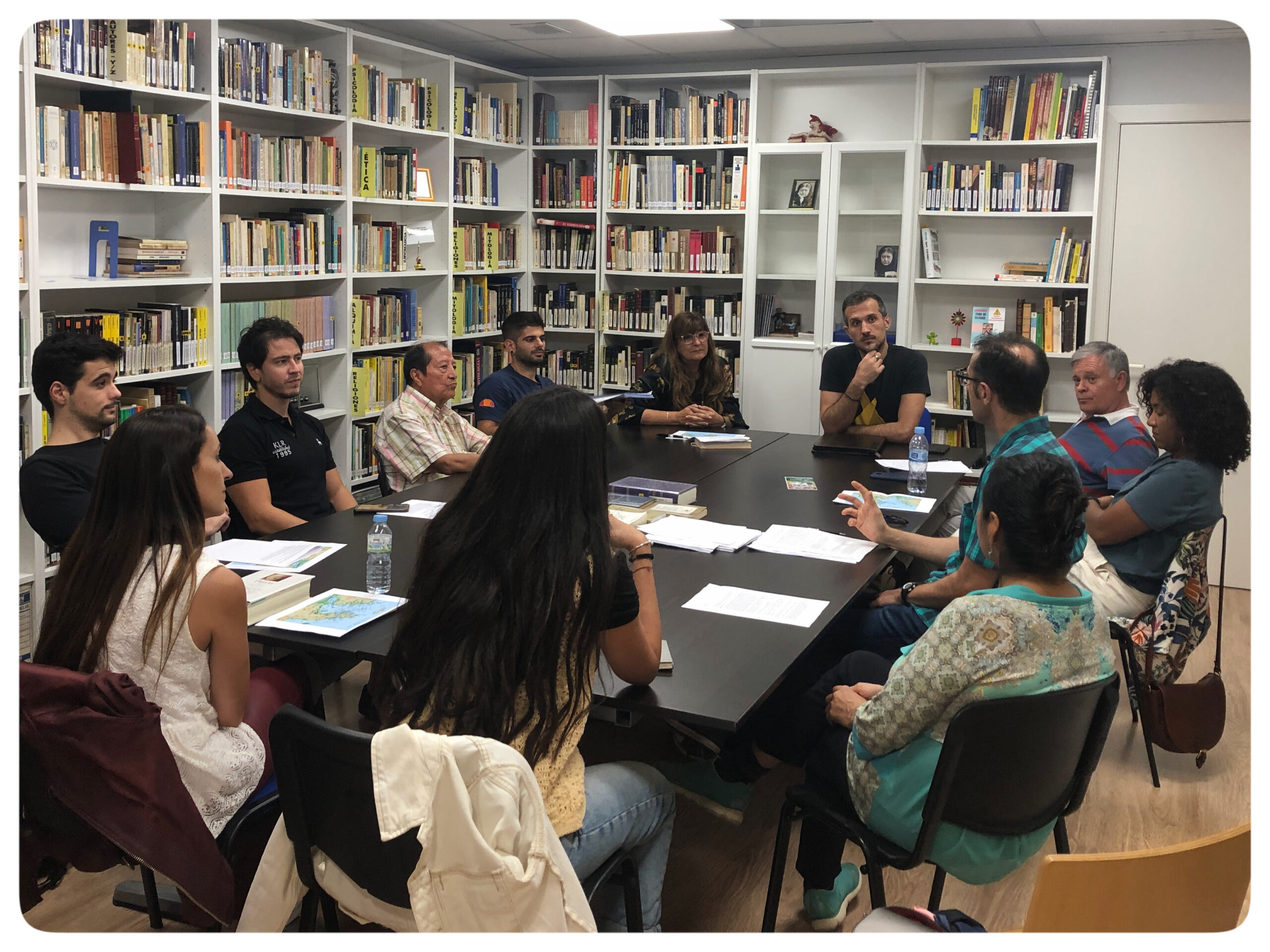
Teachings of Eastern Philosophy
Since time immemorial, the East has been the cradle of different philosophical currents that have transformed thought and culture, giving them depth and splendor.
We have been nourished by its mysticism, its beauty and its capacity to penetrate the mysteries of life, awakening in our soul its highest qualities.
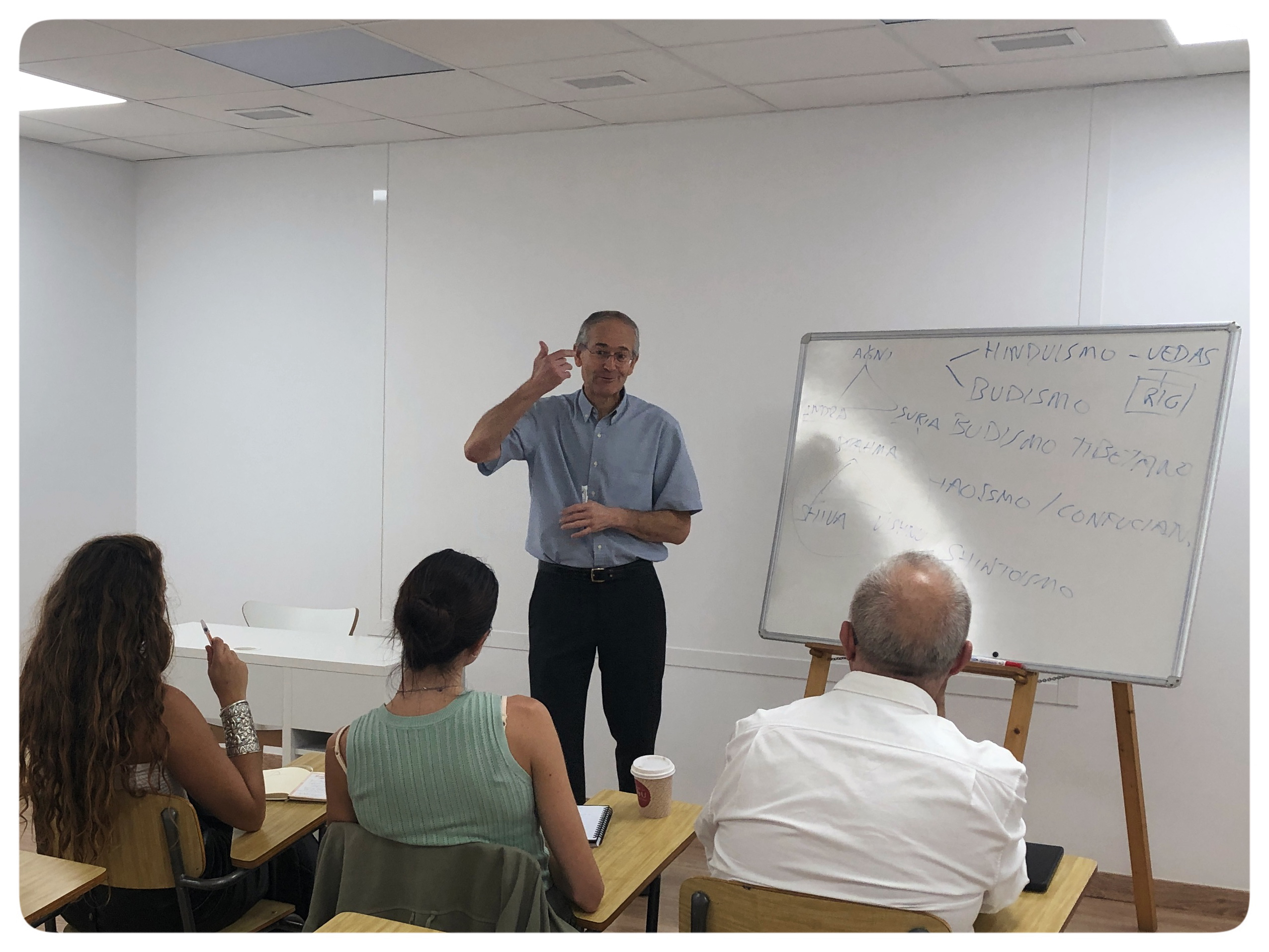
Nei Kung (martial art)
It was known in ancient China as the School of the Golden Dragon, name given to the ancient treatise of wisdom known as I Ching, on which it is based. It has a symbolic character, that is, all its aspects represent something deeper in the nature of man and the universe. They are symbols that harmoniously integrate martial efficiency with the internal techniques of concentration, character formation and inner knowledge.
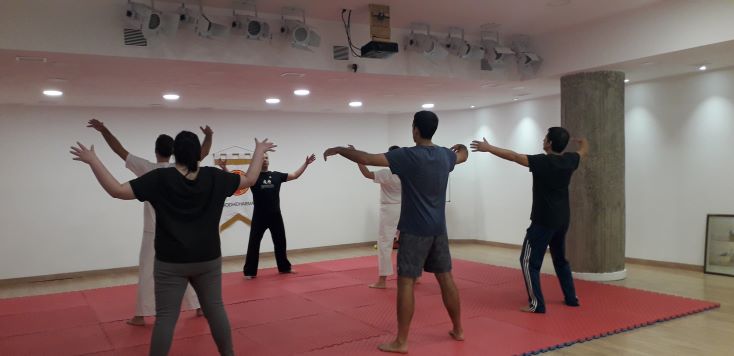
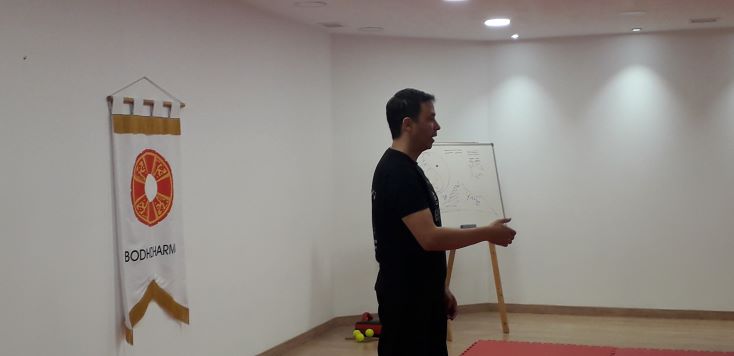
Japanese ink painting (sumi-e)
With a brief introduction to sumi-e followed by a painting activity, we discovered what this ancient technique, originally from China, is all about. This realistic painting uses ink to represent objects in their most essential and simple forms, focusing on finding a balance between organic lines and fluidity through “emptiness”, regardless the result. Both the visual simplicity and colour invite our “inner eye” to awaken and complete the drawing.
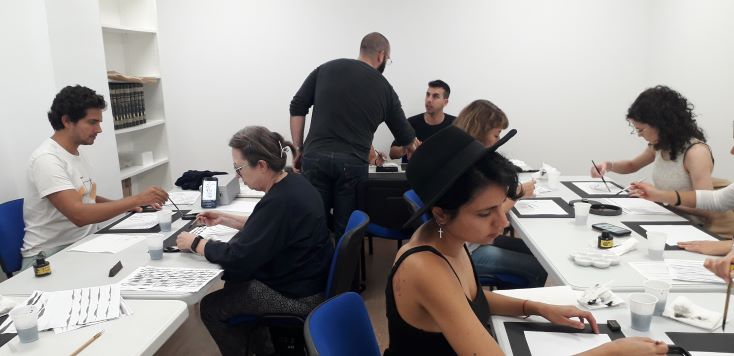
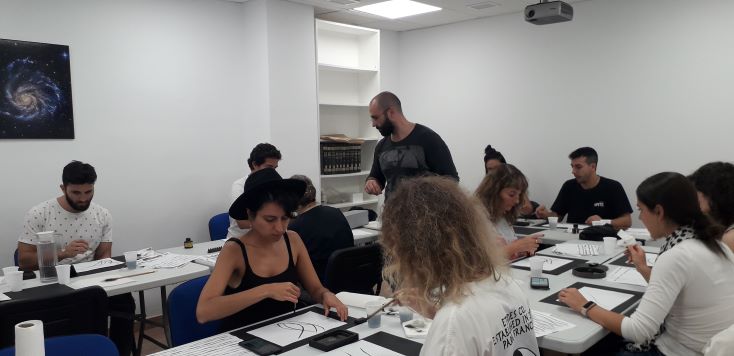
Astronomy
Through games we learned about the Sun and the other stars of the cosmos. In our quiz we asked questions such as What is the Sun’s journey across the sky, and what is its relationship with the Earth? Which cultures, through their constructions and myths, established strong connections with the stars? We also learnt about stars’ life trajectories, how they are born and how they “die”, and we connected with numerous other insights into the cosmos.
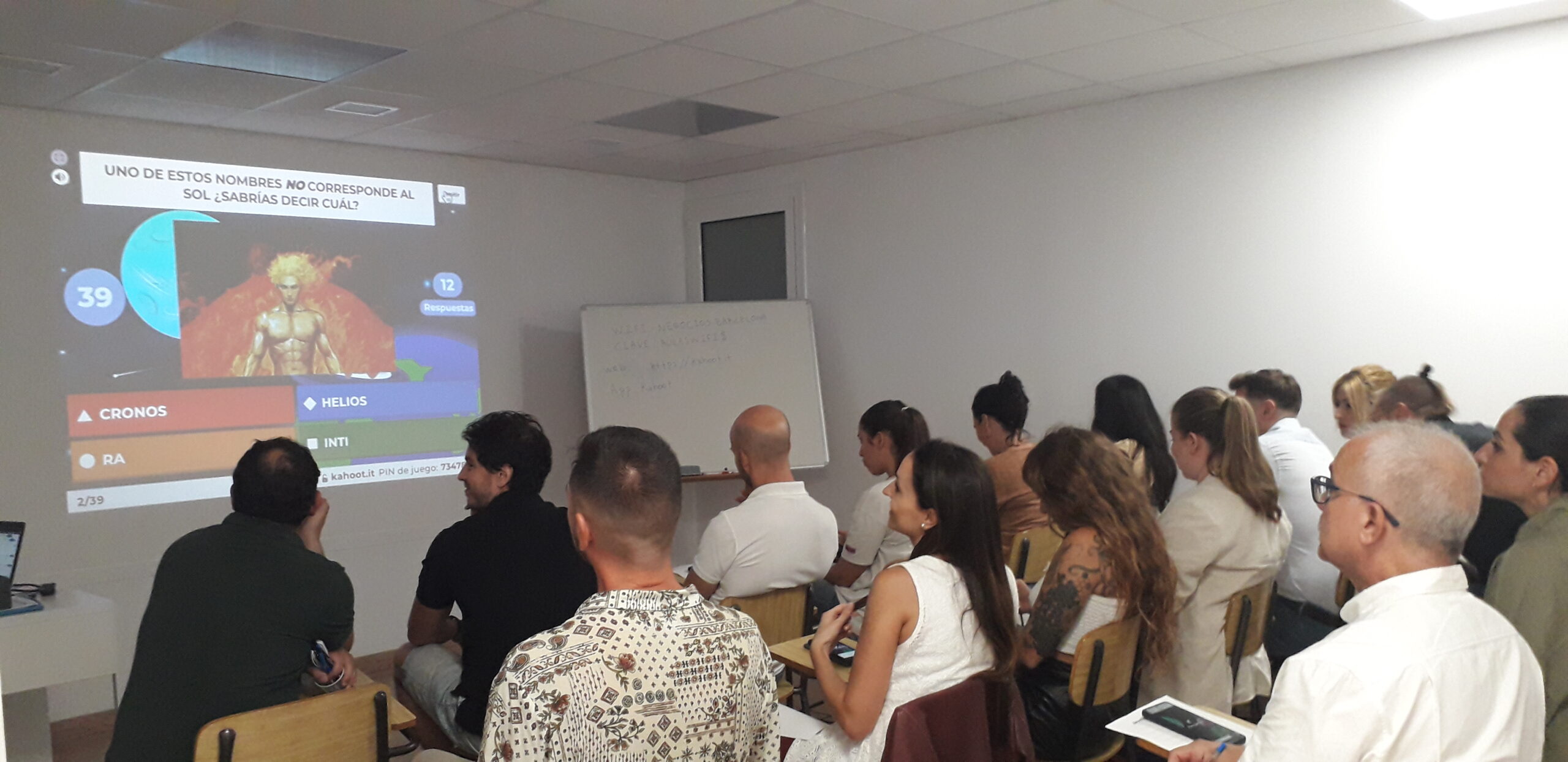
Philosophy for young people: what do I do with my life?
In this practical workshop of Philosophy for young people we carried out activities to discover how philosophy can help us to build the future we want.
We shared our ideas and learned new philosophical tools to apply them in our daily lives.
